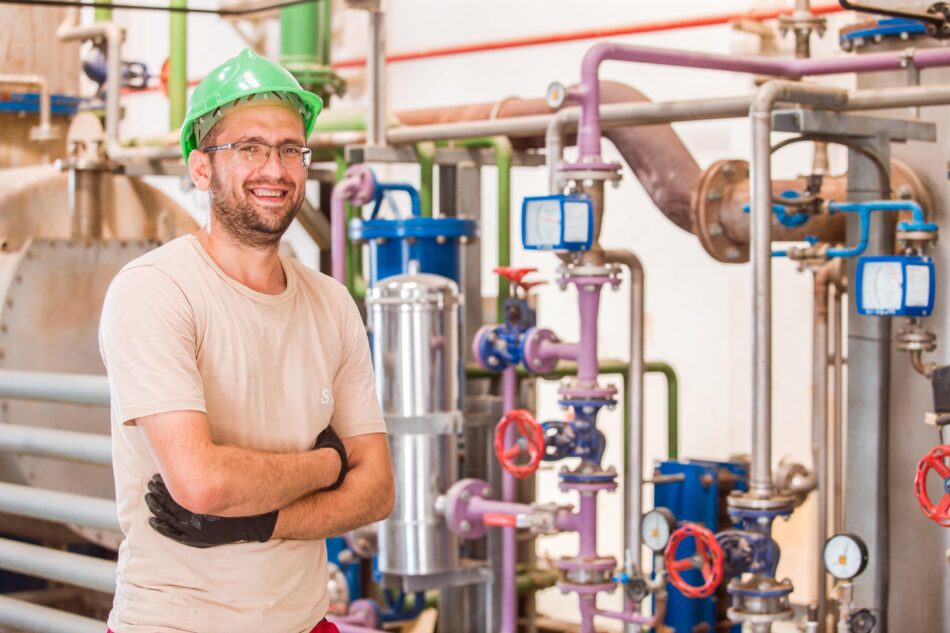A Gas Safety Certificate is an essential document that verifies the safety of gas appliances, pipework, and installations in a property. Issued by a qualified Gas Safe registered engineer after a detailed inspection, it not only fulfils legal requirements for landlords in the UK but also plays a crucial role in safeguarding tenants, homeowners, and businesses from potential hazards.
What is a Gas Safety Certificate?
Commonly referred to as a CP12 Certificate, the Gas Safety Certificate serves as an official record of checks carried out on gas appliances such as boilers, cookers, and flues. Its purpose is to confirm that the property’s gas systems operate correctly and comply with current safety standards. Importantly, only engineers listed on the Gas Safe Register are authorised to issue this certificate.
Why is it Important?
Gas faults, leaks, and carbon monoxide exposure can pose life-threatening dangers. Having a Gas Safety Certificate provides several benefits:
- Protects Residents – Identifies faults like gas leaks, poor ventilation, or malfunctioning appliances before they become serious risks.
- Meets Legal Duties – Landlords are required by the Gas Safety (Installation and Use) Regulations 1998 to provide tenants with a valid certificate.
- Avoids Penalties – Failure to comply can result in heavy fines or legal action.
- Safeguards Property – Routine checks extend the lifespan of appliances and help prevent costly emergency repairs.
Who Needs a Gas Safety Certificate?
- Landlords – Legally obliged to arrange an annual gas safety inspection and share the latest certificate with tenants within 28 days.
- Homeowners – While not legally required, yearly inspections are strongly recommended to ensure the safety of the household.
- Businesses – Any commercial property with gas appliances must undergo regular checks to protect employees and customers.
What Does the Inspection Involve?
During the gas safety check, a registered engineer will:
- Inspect appliances for leaks, damage, or faults.
- Test flues and chimneys for safe ventilation.
- Confirm appliances operate at the correct gas pressure.
- Check safety devices to ensure they function properly.
- Issue a Gas Safety Certificate outlining the results.
If problems are found, the engineer will advise on repairs or replacements before a satisfactory certificate can be issued.
How Often is it Required?
For landlords, the Gas Safety Certificate must be renewed every 12 months. Tenants must be given the most recent copy before moving in and updated versions after each inspection. Homeowners and businesses are also encouraged to schedule annual checks for peace of mind.
Conclusion
A Gas Safety Certificate is more than just a legal necessity – it is a vital safeguard for health, property, and compliance. Regular annual inspections by a Gas Safe registered engineer help landlords, homeowners, and businesses maintain safe environments and avoid serious risks. If your property hasn’t been checked recently, arranging a gas safety inspection should be a top priority.









